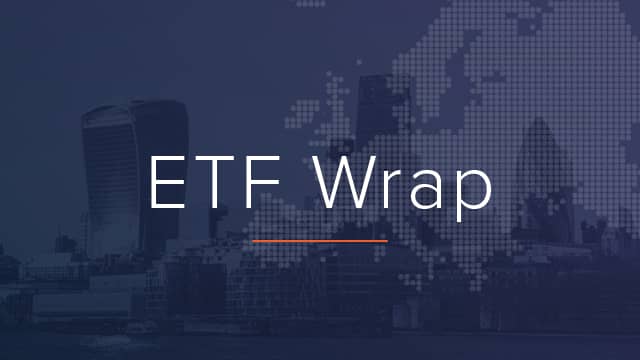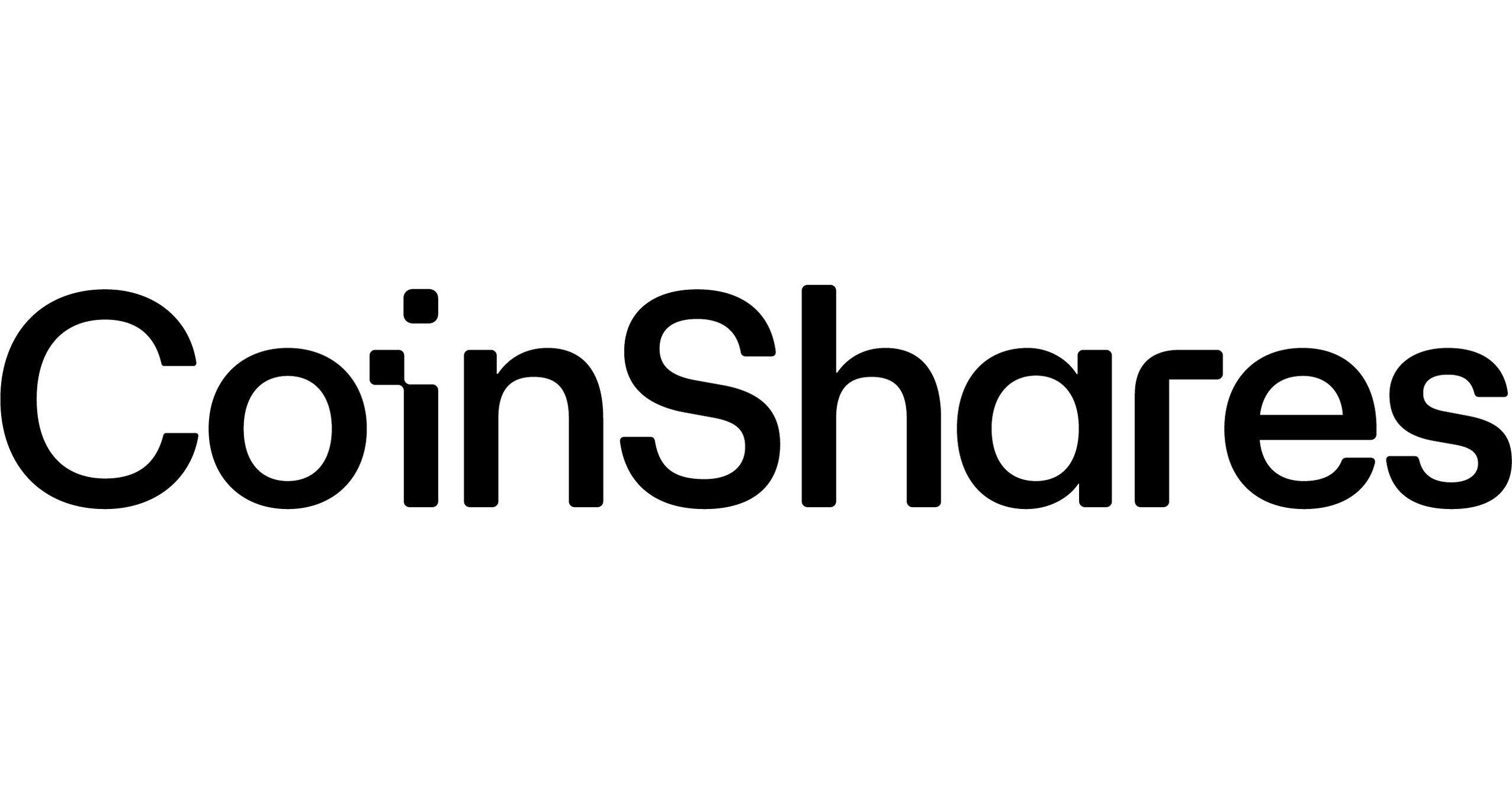Next month it will be two years since Vanguard launched its last non-ESG ETF in Europe and while sustainable investing has been in vogue for some time, the firm’s asset flows this year would suggest ESG is not what attracts investors to Jack Bogle’s low-cost beta specialist.
This week, the world’s second-largest asset manager added two more ESG ETFs to its UCITS roster – covering US dollar and euro-denominated corporate debt – after launching Asia-Pacific and emerging markets ESG ETFs in October and North America and Developed Europe ESG products in August.
The recent spree of sustainable launches follows a 15-month drought for the firm, after it launched its first ESG ETF in Europe last March, targeting global equities, followed by a global corporate bond ESG ETF just two months later.
However, while Vanguard has chosen to fill out its ESG range, its new launches have struggled to gain the kind of traction enjoyed by its conventional ETFs in 2022.
In Q3, Vanguard knocked BlackRock off the quarterly top spot with €2bn inflows into its ETFs, marking its second consecutive quarter of positive inflows despite the volatile market backdrop.
In the meantime, the firm’s North America and Europe ESG strategies have amassed combined assets of just $26m in around three months, while its conventional Europe ETF has taken in $108m in the last three months and its S&P 500 ETFs – which overshadow its vanilla North America ETF – have seen $490m inflows.
One challenge the ESG ETFs face is being categorised under ‘light green’ Sustainable Finance Disclosure Regulation (SFDR) Article 8, which have failed to inspire much enthusiasm from European investors. In fact, in Q2, Article 8 funds saw €30.3bn outflows versus €5.9bn inflows for ‘dark green’ Article 9 funds, according to data from Morningstar.
This disparity could change, however, with SFDR ‘phase two’ likely to see continued downgrades from Article 9 to 8 and in time, Article 8 to 6. Following the latter, investors may gain more confidence Article 8 funds are more than greenwashing, cynical asset grabs.
Another interesting element of Vanguard’s ESG offering is its news last week that it would start trialling proxy voting for retail investors on some index funds from next year.
If these voting rights are later brought to ETFs, it could inspire interest to the firm’s ESG wrappers. Like other firms, though, it will face the challenge of not knowing everyone who has bought their ETFs on exchange – though it could use ETF orders placed on its own platform as a proxy for at least some shareholders’ ownership and voting rights.
Italian issuer bows out of ETFs
Italian bank Unicredit has exited European ETFs after delisting its UC MSCI European Green Bond EUR UCITS ETF (ECBI) and the UC Refinitiv European Convertible Bond UCITS ETF (ECBD) from the Deutsche Boerse due to low demand at the end of October.
The closures follow the delisting of its UC Axiom Global CoCo Bond UCITS ETF (CCNV) in June and two other ETFs in January last year.
Unicredit’s departure comes shortly after the asset management arm of fellow Italian bank, Fineco, entered European ETFs with 11 new products in October and booked £243m inflows within the month.
Robo-advisers take on crypto ETPs
Less than a year after partnering with CoinShares to offer its users access to wrapped crypto exposures and German robo-adviser, Scalable Capital, has become the first in its industry to launch its own crypto exchange-traded products (ETPs).
The four new products launched on 15 November, targeting bitcoin and ethereum, while offering investors different tax treatments by providing respective physical delivery or cash settlement options in different ETPs.
It will be interesting to see whether other bank and wealth platforms follow suit. For instance, in January this year Comdirect Bank partnered with ETC Group to offer eight crypto ETPs to its clients. Perhaps it and others will opt for Scalable Capital’s route of launching its own crypto ETPs.
ETF Wrap is a weekly digest of the top stories on ETF Stream








